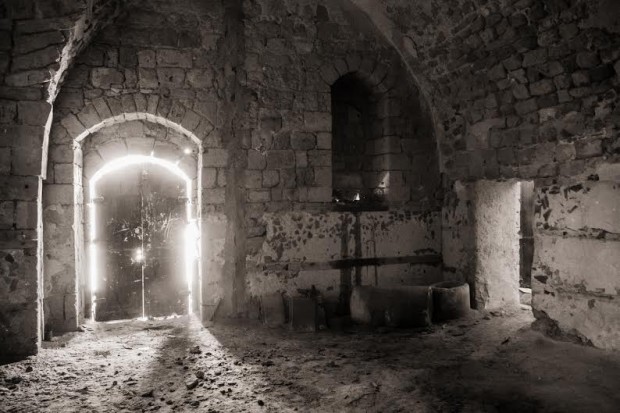My heart aches, for you do not seem to know
the worth of that subtle inner star.
If only you could see the lovely prisoner who lies
prostrate in who you think you are.
(Mahvash Sabet, excerpt from “The Sacrifice,” Prison Poems)
***
I was born in the 1980s, after the 1979 Iranian Revolution and before the infamous political executions in the summer of 1988. As an American without a trace of Iranian ancestry, it might have seemed strange to others that these two events meant much to me growing up far away from the Middle East in the American Midwest.
But Iran was always significant to me. I was born into a Baha’i family and some of the people with whom I prayed were refugees from Iran. Sometimes after prayers, they would recount tales of their own persecutions, and harrowing journeys to leave and find peace outside their country. I was too young to grasp the full significance of these events—but the stories left their mark. Who wouldn’t be moved by the stories they told about Mona, who was hanged at the age of 17 for the “crime” of teaching children’s classes?
When I was older, I read Persepolis, a graphic novel memoir by Marjane Satrapi. Marjane was not a Baha’i; she was politically minded, like her parents. This fact was enough to put her in danger in the changing Iran of the 1970s and ’80s. As I read her story, I was reminded of sitting on the floor while the adults spoke about tragic events occurring in faraway Iran. Like Mona’s story, Marjane’s narrative breathed life into news stories and statistics. That’s the power of storytelling. Across miles and generations, stories move us.

Negeen Sobhani ©
Last year, I was working at Baha’i Publishing when Mahvash Sabet’s Prison Poems, adapted from Persian by Bahiyyih Nakhjavani, came into print. When it arrived at the office by mail, we opened the package and I let out an involuntary gasp. I knew it was special. By that time, Mahvash and the other prominent Iranian Baha’is had been imprisoned for 5 years—for no other reason that their beliefs. I knew the facts related to their imprisonment but as I read Mahvash’s poetry, I began to understand the spiritual and emotional dimensions of her persecution. Her poetry did more to educate and inspire me than any news report could have ever done.
Today when I read her words, I think of all the imprisoned Baha’is, as well as the persecuted Christians, journalists, students, and dissidents in Iran. And I join my prayers with theirs—for a more just and righteousness world.

The Sparrow
One day, returning from the prison walk
I met a sparrow taking the air too, on my way.
It was pecking at a piece of frozen bread,
a cold crumb lying between us in the snow.
‘You and I are both hungry prisoners,’ I said.
At that, it instantly let go the crumb and flew away,
and I thought, ‘Are you less than this sparrow?
Why don’t you drop the bread too, like this bird?
Why can’t you free yourself from crumbs—and words?
(Mahvash Sabet, Prison Poems)